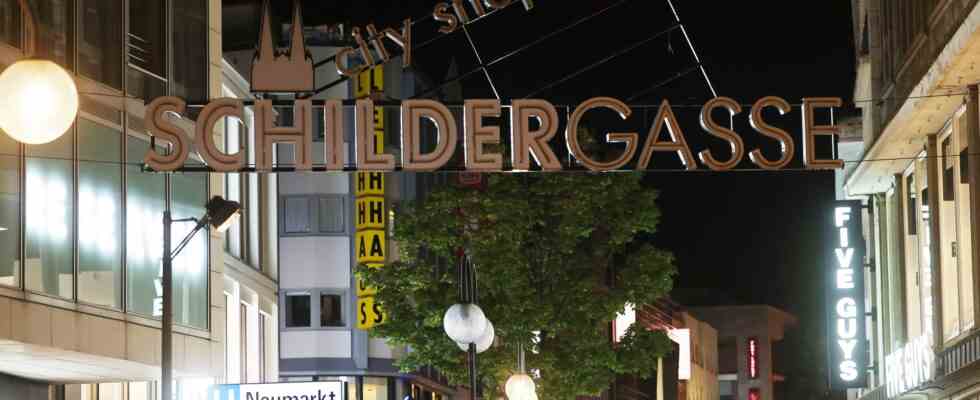overview
Status: 09/01/2022 03:02 a.m
Reduced temperatures in public spaces, no illuminated monuments: gas and energy consumption should fall nationwide. The first part of the new Energy Saving Ordinance comes into force today. What counts?
Turn down the heating
It’s getting colder in town halls, administration buildings, libraries and museums – at least a little. With the Energy Saving Ordinance coming into force today, offices in public buildings may only be heated up to a room temperature of 19 degrees. So far, the recommended minimum temperature was 20 degrees. Temperatures will be even lower in future where heavy physical work is done.
If possible, large halls, foyers and corridors should no longer be heated at all. Exceptions to the regulations are hospitals, nursing homes, facilities for the disabled, schools and day-care centers – i.e. facilities in which higher air temperatures are important for the “health of the people staying there”, as the Ministry of Economic Affairs puts it.
Less hot water
Instantaneous water heaters or hot water storage tanks should also be switched off in public buildings if they are primarily intended for washing hands. There are also exceptions here, for example for medical facilities, schools and daycare centers. Less consumption of hot water – in Hanover, among other places, this has already been decided. So the showers in swimming pools and sports halls should stay cold.
light off
The nationwide ordinance stipulates that monuments and buildings should no longer be illuminated at night, at least not for purely aesthetic reasons. However, emergency lights may remain on. Brief lighting at cultural events and folk festivals is also permitted.
When it comes to saving energy, the public sector in particular should set a good example. With the measures, she is fulfilling her role model function, as the ministry emphasizes. According to Economics Minister Robert Habeck, some of the rules should prove to be “self-evident”. Berlin also wants to set a good example – a catalog of measures there provides for less heating in public buildings and a reduction in the water temperature in swimming pools.
closed doors
The new regulations also affect businesses and retailers. This includes closed doors to keep the store warm inside. In retail, therefore, shop doors must not be kept open all the time. To ensure that customers do not stay away, the German trade association is using a poster campaign. The motto: doors closed, business open. In order to save energy, billboards should also light up less.
Accordingly, neon signs are switched off between 10 p.m. and 4 p.m. the following day. If they serve traffic safety, they remain switched on, for example at railway underpasses. Street lamps will also remain on, and shop windows may continue to be illuminated.
tenants
Tenants are also called upon to do their part. You can heat less if you want. Corresponding clauses in the rental agreement, according to which a minimum temperature must be observed, no longer apply. Minister of Economics Habeck made it clear: “One does not want to measure bedroom temperatures”. With the regulations, there should also be more leeway for private individuals to save energy. However, to ensure that there is no damage in the apartment, tenants must continue to ensure that they heat and ventilate appropriately.
Owners of residential buildings and energy suppliers are obliged to inform their customers or tenants about energy consumption and costs, rising energy prices and potential savings. If you want to use a swimming pool privately, you have to jump in at the deep end, whether inside or outside. Private pools are no longer allowed to be heated with gas and electricity, with the exception of rehabilitation centers, leisure facilities and hotels.
Long-term energy saving measures
After the first part of the ordinances, a second set of rules is to come into force in October, which will then apply for two years. This regulates long-term energy saving measures. Among other things, all owners of buildings with gas heating must carry out a heating check.
Economics Minister Habeck assumes that the package of measures will reduce gas consumption “by approximately two or two and a half percent”. So the proportion is small – Habeck therefore also emphasized that one cannot “lean back and say, that’s it now”. Nevertheless, the ministry assumes that the regulations can make a “small but indispensable contribution”. Against the background of the gas shortage due to a lack of Russian gas supplies, the EU countries want to reduce their gas consumption by 15 percent. In Germany, consumption is to be reduced by 20 percent.

